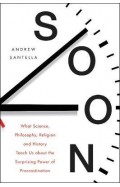Saving Time
By: Jenny Odell
-
Rs 2,970.75
- Rs 3,495.00
- 15%
You save Rs 524.25.
Due to constant currency fluctuation, prices are subject to change with or without notice.
Our daily experience, dominated by the corporate clock that so many of us contort ourselves to fit inside, is destroying us. It wasn't built for people, it was built for profit. This is a book that tears open the seams of reality as we know it-the way we experience time itself-and rearranges it, reimagining a world not centered around work, the office clock, or the profit motive. Explaining how we got to the point where time became money, Odell offers us new models to live by--inspired by pre-industrial cultures, ecological, and geological time--that make a more humane, more hopeful way of living seem possible.
In this dazzling, subversive, and deeply hopeful reframing of time, Jenny Odell takes us on a journey through other temporal habitats. As planet-bound animals, we live inside shortening and lengthening days, alongside gardens growing, birds migrating, and cliffs eroding. The stretchy quality of waiting and desire, the way the present may suddenly feel marbled with childhood memory, the slow but sure procession of a pregnancy, or the time it takes to heal from injuries--physical or emotional. Odell urges us to become stewards of these different rhythms of life, to imagine a life, identity, and source of meaning outside of the world of work and profit, and to understand that the trajectory of our lives--or the life of the planet--is not a foregone conclusion. In that sense, "saving" time-recovering its fundamentally irreducible and inventive nature-could also mean that time saves us.
Our daily experience, dominated by the corporate clock that so many of us contort ourselves to fit inside, is destroying us. It wasn't built for people, it was built for profit. This is a book that tears open the seams of reality as we know it-the way we experience time itself-and rearranges it, reimagining a world not centered around work, the office clock, or the profit motive. Explaining how we got to the point where time became money, Odell offers us new models to live by--inspired by pre-industrial cultures, ecological, and geological time--that make a more humane, more hopeful way of living seem possible.
In this dazzling, subversive, and deeply hopeful reframing of time, Jenny Odell takes us on a journey through other temporal habitats. As planet-bound animals, we live inside shortening and lengthening days, alongside gardens growing, birds migrating, and cliffs eroding. The stretchy quality of waiting and desire, the way the present may suddenly feel marbled with childhood memory, the slow but sure procession of a pregnancy, or the time it takes to heal from injuries--physical or emotional. Odell urges us to become stewards of these different rhythms of life, to imagine a life, identity, and source of meaning outside of the world of work and profit, and to understand that the trajectory of our lives--or the life of the planet--is not a foregone conclusion. In that sense, "saving" time-recovering its fundamentally irreducible and inventive nature-could also mean that time saves us.
How to Do Nothing - Resisting the Attention Economy
By: Jenny Odell
Rs 4,675.50 Rs 5,195.00 Ex Tax :Rs 4,675.50
Saving Time - Discovering a Life Beyond the Clock (the NEW YORK TIMES BESTSELLER)
By: Jenny Odell
Rs 2,515.50 Rs 2,795.00 Ex Tax :Rs 2,515.50
Zubin Mehta: A Musical Journey (An Authorized Biography)
By: VOID - Bakhtiar K. Dadabhoy
Rs 892.50 Rs 1,050.00 Ex Tax :Rs 892.50
Built to Last Successful Habits Of Visionary CompaniesAI
By: James C. Collins
Rs 4,045.50 Rs 4,495.00 Ex Tax :Rs 4,045.50
Great Soul Mahatma Gandhi And His Struggle With India
By: Joseph Lelyveld
Rs 731.25 Rs 975.00 Ex Tax :Rs 731.25
The Power Of Positive Thinking For Young People
By: Norman Vincen Peale
Rs 2,245.50 Rs 2,495.00 Ex Tax :Rs 2,245.50
Get Real: How To Tell It Like It Is In A World of Illusions
By: Eliane Glaser
Rs 531.25 Rs 625.00 Ex Tax :Rs 531.25
No similar books from this author available at the moment.
Wanderlust: The heartwarming romcom perfect to escape with this summer
By: Elle Everhart
Rs 1,780.75 Rs 2,095.00 Ex Tax :Rs 1,780.75
World History in Minutes: 200 Key Concepts Explained in an Instant
By: Dorothy Ail
Rs 2,965.50 Rs 3,295.00 Ex Tax :Rs 2,965.50
Lonely Planet Lonely Planet Writing & Sketching Journal
By: Lonely Planet
Rs 1,421.25 Rs 1,895.00 Ex Tax :Rs 1,421.25
Languages of Northern Pakistan: Essays in Memory of Carla Radloff
By: Joan L. G. Baart
Rs 1,809.00 Rs 2,010.00 Ex Tax :Rs 1,809.00
How to Master Your Monkey Mind : Overcome anxiety, increase confidence and regain control of your life
By: Don MacPherson
Rs 3,415.50 Rs 3,795.00 Ex Tax :Rs 3,415.50
Broken Bones - A Gripping Serial Killer Thriller
By: Angela Marsons
Rs 2,120.75 Rs 2,495.00 Ex Tax :Rs 2,120.75
The Missing: The gripping psychological thriller that’s got everyone talking...
By: Cally Taylor
Rs 1,865.75 Rs 2,195.00 Ex Tax :Rs 1,865.75
Blogging for Creatives: How designers, artists, crafters and writers can blog to make contacts, win business and build success - (PB)
By: Robin Houghton
Rs 1,147.50 Rs 2,295.00 Ex Tax :Rs 1,147.50
How AI Ate the World: A Brief History of Artificial Intelligence – and Its Long Future
By: Chris Stokel-Walker
Rs 4,045.50 Rs 4,495.00 Ex Tax :Rs 4,045.50
Breaking Bias: Where Stereotypes and Prejudices Come From – and the Science-Backed Method to Unravel Them
By: Anu Gupta
Rs 5,035.50 Rs 5,595.00 Ex Tax :Rs 5,035.50
Alligator Products Trolls Scratch Art Set
By: Alligator Products
Rs 420.75 Rs 495.00 Ex Tax :Rs 420.75
How Not to Invest - The ideas, numbers, and behavior that destroy wealth—and how to avoid them
By: Barry Ritholtz
Rs 4,495.00 Ex Tax :Rs 4,495.00
Discover Your Spouse – The Book of 100 Questions
By: Rana Rais Khan
Rs 926.50 Rs 1,090.00 Ex Tax :Rs 926.50
Soon : What Science, Philosophy, Religion and History Teach Us About the Surprising Power of Procrastination - Paperback
By: Andrew Santella
Rs 747.50 Rs 1,495.00 Ex Tax :Rs 747.50
Zubin Mehta: A Musical Journey (An Authorized Biography)
By: VOID - Bakhtiar K. Dadabhoy
Rs 892.50 Rs 1,050.00 Ex Tax :Rs 892.50
How to Do Nothing - Resisting the Attention Economy
By: Jenny Odell
Rs 4,675.50 Rs 5,195.00 Ex Tax :Rs 4,675.50
Saving Time - Discovering a Life Beyond the Clock (the NEW YORK TIMES BESTSELLER)
By: Jenny Odell
Rs 2,515.50 Rs 2,795.00 Ex Tax :Rs 2,515.50












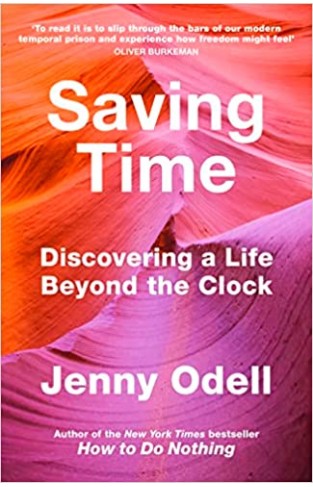
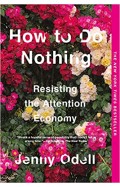
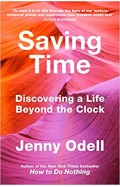
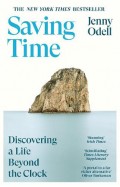
-120x187.jpg?q6)





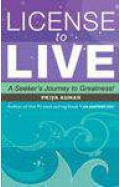
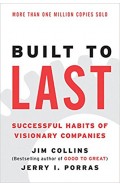
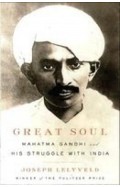
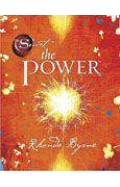
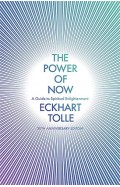
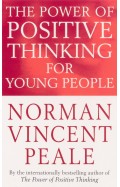
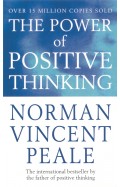
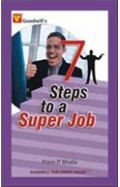
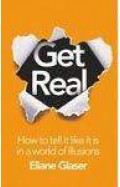



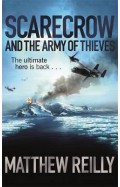
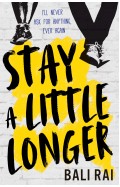
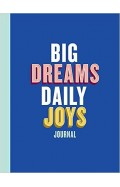

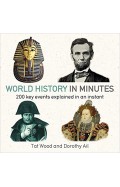
-120x187.jpg?q6)
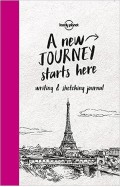

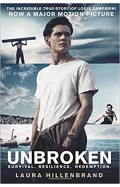

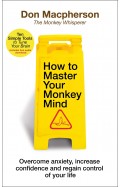

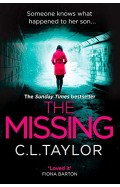

-120x187.jpg?q6)





